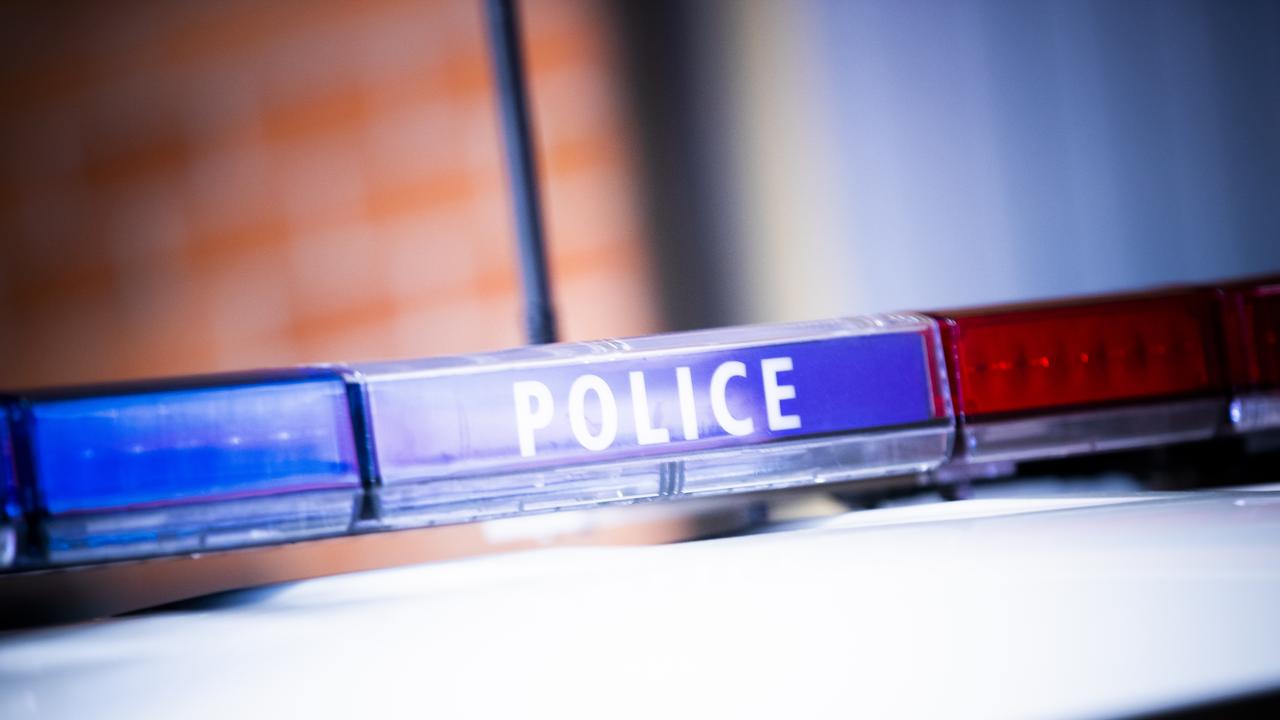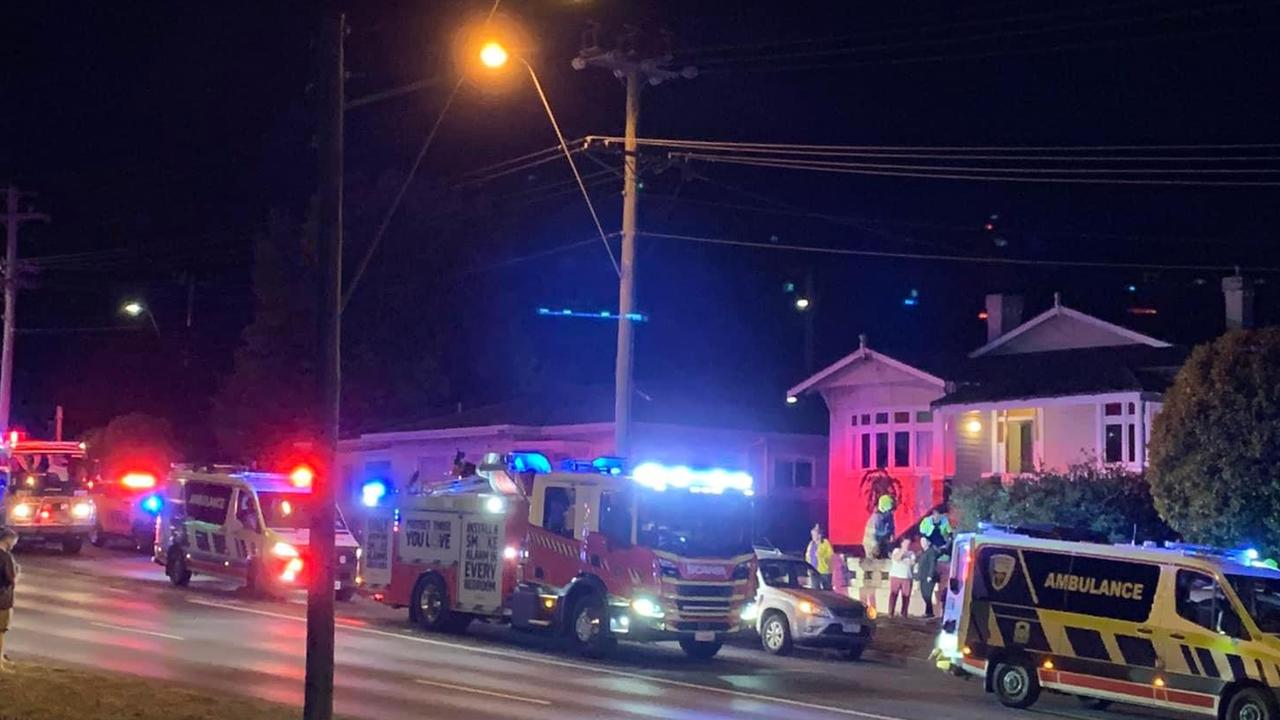Ex-detainees claim Ashley Youth Detention Centre violence and rapes flourished under surveillance camera ‘black spots’
Content warning: Rapes, broken bones, solitary confinement and a “gladiator pit”. The abuse at Ashley Youth Detention Centre flourished under camera “black spots”, according to a new report.
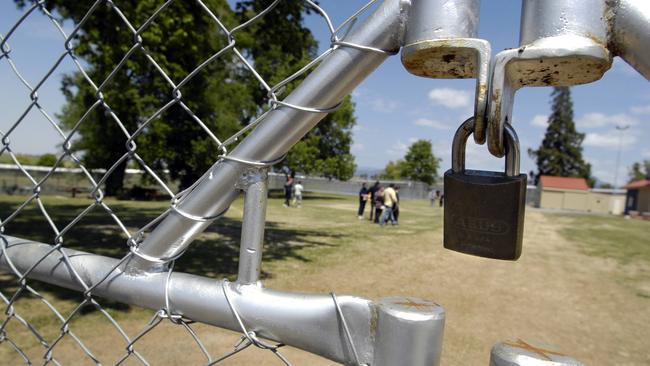
Police & Courts
Don't miss out on the headlines from Police & Courts. Followed categories will be added to My News.
Ben* says every time he was raped by Ashley Youth Detention Centre staff – out of the line of sight of surveillance cameras – he became “angrier and more aggressive”.
Locked up at the troubled Deloraine facility as an 11-year-old in the early 2000s, Ben said his regular stints in detention were a “blur” – punctuated by broken bones, sexual assault and solitary confinement.
Like many of the former Ashley detainees who gave evidence before Tasmania’s child sexual abuse commission of inquiry, Ben said the violence and abuse occurred away from CCTV – so none of it was ever record.
In its 3000-page report tabled in parliament on Tuesday, the commission detailed horrific stories of force, violence and humiliation used by some of Ashley’s staff against its young detainees.
Several young people commented that Ashley staff repeatedly told detainees they could do what they wanted, because “there are no cameras up here” – frequently exploiting “black spots” to unleash their abuse without oversight.
Ben told the commission that once, when he tried to escape Ashley, he was “belted”, stripped naked, handcuffed behind his back, had his feet cuffed together – and was placed in isolation like that, unable to move off the floor, for five hours.
He said he was then isolated for a further three weeks.
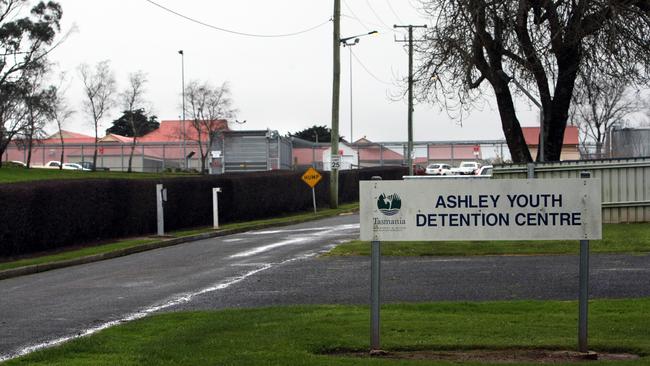
Ben told the commission he was repeatedly raped and sexually abused by Ashley staff, with his behaviour escalating in response – and leading to a suicide attempt.
“Ben recounted that following this suicide attempt, he was ‘flogged’ and put into isolation, where every couple of days, he would be ‘belted’ by staff. Ben stated that he twice suffered broken bones because of physical abuse by staff members,” the commissioners wrote in their report.
Ben said the detainees believed they had only “one way out” – through violence.
“There (were) also no CCTV cameras, so nothing that happened was recorded,” he told the inquiry.
Fred* told the commissioners how some Ashley staff treated violence between children and young people “like a sport”, and often provoked their aggression against each other.
He said one of the units was referred to as the “gladiator pit” – because staff would stand back and watch, waiting until the fight was nearly over before taking any action.
Simon* said during one strip-search, a staff member forcibly removed his shorts and inserted a finger in his anus, saying “welcome to Ashley boy, you do as you’re told”.
Erin* said she witnessed “bad physical abuse” against the boys, sometimes resulting in broken arms and legs.
Max*, who was detained at Ashley during the late 2010s, said the lack of surveillance cameras at Ashley was a “big problem” and staff knew how to exploit the “black spots” – including an instance where he was bashed on a construction site.
“Nine times out of 10 (those black spots are) where everything happens,” he told the commission.
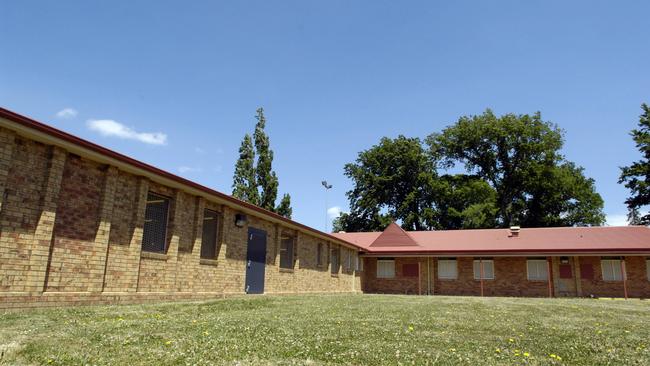
He said he didn’t report his abuse, including instances where he was sexually assaulted during strip searches, because he thought no-one would believe him.
“Because there were no cameras, it was just my word against all of the youth workers,” he said.
“Everyone is going to believe them. They will just see it as a kid crying wolf.”
Max, and other former detainees, said they hoped the new facility replacing Ashley would be set up with CCTV throughout.
In June this year, the state government told the commission it had explored installing CCTV across Ashley, but said it was not possible across the entire site.
In their report, the commissioners said it was not clear to them why this was the case – saying CCTV should be installed in all public areas.
They also recommended the use of body-worn cameras to “improve staff accountability and strengthen oversight of youth detention”.
The commissioners also recommended the footage be reviewed annually by a new body, the Commission for Children and Young People.
* Names changed to protect identity.
If you need support, contact the services listed below, which are free and confidential. Support is available by phone and/or face-to-face:
Lifeline: 13 11 14 orwww.lifelinetasmania.org.au
Tasmanian Lifeline: 1800 98 44 34
State-wide Sexual Assault Support Line (Sexual Assault Support Service and Laurel House): 1800 697 877
Relationships Australia Tasmania: 1300 364 277




